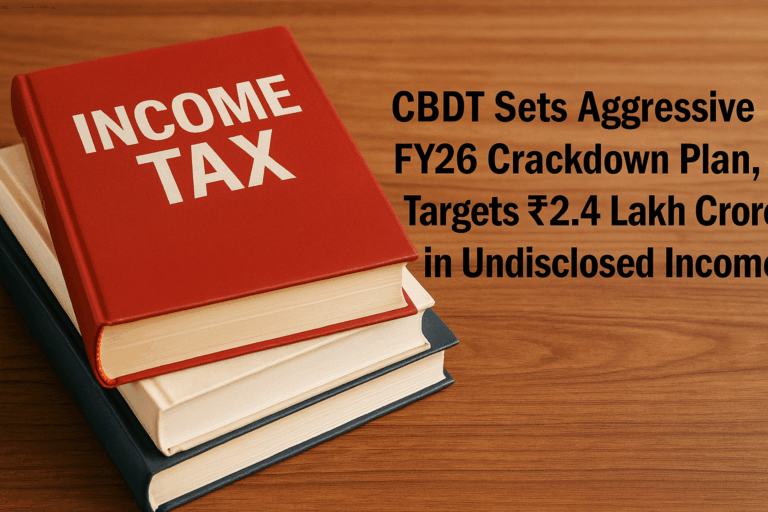
The sudden escalation in geopolitical tensions led to widespread selling by investors, leading to both benchmark indices recording significant losses.
Indian stock markets plunged sharply on Friday morning, following news of an Israeli attack on Iran nuclear and military facilities that raised fears of a wider war in the Middle East.
The Nifty 50 dropped 415 points to 24,473, down 1.67%, while the BSE Sensex slipped 1,262 points to 80,429, falling 1.55% in early trade.
Why is Indian stock market down today?
The sudden escalation in geopolitical tensions led to widespread selling by investors, leading to both benchmark indices recording significant losses.
This comes as the US called the Israeli strike a “unilateral military action” and warned Iran against retaliating on American assets, further unsettling global markets.
“The situation remains volatile with Israel declaring a national emergency in anticipation of Iranian retaliation. Middle East playbooks are being updated this morning as Oil supplies could be hit if Iran chooses to block Persian Gulf oil supply routes in retaliation,” Ajay Bagga, banking and market expert.
This morning, we are seeing the classical risk off, with Friday, the 13th, adding to market jitters. Stocks are down, Bond yields are down, Oil is up, safe havens like Gold and Japanese Yen are up, and not surprisingly, cryptos are down,” he added.
Black Friday selloff in Indian markets
The sharp decline has led investors and analysts to dub the day “Black Friday” for Indian equities, reported ANI.
In India, nearly all sectors saw selling pressure. Nifty Auto dropped over 2%, Nifty IT fell 1.87%, while Nifty Metal, Nifty Media, and Nifty PSU Bank were all down by more than 1.7%. Mid and small-cap indices also dropped by 1.69% and 1.87% respectively.
Aviation stocks were hit harder amid fears of rising oil prices and added pressure from the recent Air India plane crash in Ahmedabad. Shares of Indigo fell over 5%, while SpiceJet dropped 3.65%.
Asian stocks and US futures also slumped as investors pulled money from riskier assets.
Analysts say market recovery will depend on how the conflict evolves. If tensions ease, the fall could be temporary. But continued instability in the region, especially disruptions in oil supply, may keep markets volatile in the days ahead.






